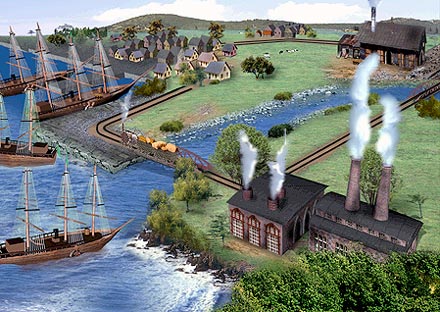Industrial Revolution:
British Agricultural revolution 17th -19th Centuries
- Factories and mass production
- People now earned their livelihood
- Ubanisation
- Large Landholders enclosed propertie
 s, Agricultural workers moved to cities.
s, Agricultural workers moved to cities.
Food Procurement
- Farming specialisation
- Reliant on staple foods – such as potato
- Food distribution – markets – provided diverstiy
- Storage – Refrigeration ( Icebox patented in 1803)
- – Canning (1818)
Industrial revolution Impact
- Class differentiation
- Disease – due to malnutrition as a result of urbanisation
- Transportation of food
- Trade
- Food Diversity
- Enhanced food security
- Decrease in food prices
- Food Processing – refined grains – declines in nutritional content of food.
Food & Preparation:
- 3 meals per day were consumed
- Typical meal – tea, boiled potatoes, bits of bacon (occasionally), bread, cheese, porridge.
- Affluent class – had more variety and quality of food.
- More meat, butter, cheese, bread, fruit & vegetables
Preparation
- Puchased pre-processed Flour, cheese, canned foods.
- Cooking facilities – dependent on class
- Storage